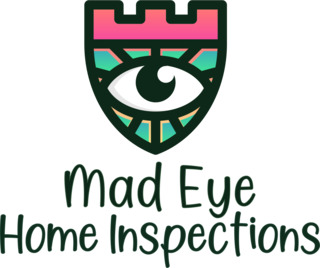-
Do I Need A Mold Test?
Determining whether to get a mold test done in your home depends on various factors, including visible signs of mold, health concerns, water damage history, or a musty odor. Here are some tips to help you decide whether a mold test is warranted:
1. **Visible Signs of Mold:**
If you can see visible mold growth, especially in areas where water or moisture is present, it's a clear indication that you should consider a mold test. Visible mold growth is a strong indicator of a potential mold problem.2. **Health Symptoms:**
If you or your family members are experiencing unexplained health issues like allergies, respiratory problems, or other symptoms that could be related to mold exposure, it's a good reason to consider a mold test to determine if mold is present in your home.3. **Recent Water Damage:**
If your home has recently experienced water damage from a flood, leak, or other sources, it's important to assess for mold growth, as moisture can quickly lead to mold development.4. **Musty Odor:**
A persistent musty or moldy smell in your home, even if you can't see visible mold, may be an indication of hidden mold growth. In such cases, a mold test can help identify the source and extent of the problem.5. **Pre-purchase or Renting:**
If you're considering buying or renting a new property, it's a good idea to conduct a mold test as part of the inspection process to ensure there are no hidden mold issues.6. **Previous Mold History:**
If your home has a history of mold problems that were not properly remediated, it's advisable to conduct periodic mold tests to ensure the issue has been resolved and hasn't recurred.7. **Peace of Mind:**
If you want peace of mind regarding the air quality and safety of your home, especially if you're particularly sensitive to mold or have family members with mold-related health concerns, a mold test can provide reassurance.8. **DIY vs. Professional Testing:**
Assess whether you can perform a simple DIY test or if you should hire a professional mold inspector. DIY tests may provide initial indications, but professional testing often offers more accurate results and a comprehensive assessment.9. **Local Climate and Conditions:**
Consider the climate and environmental conditions in your locality. High humidity, frequent rains, or flooding increase the likelihood of mold growth, making regular testing a good preventive measure.10. **Budget and Cost Considerations:**
Evaluate your budget and the cost of mold testing. If you're on a tight budget, consider DIY testing kits, but keep in mind that professional testing is often more thorough and accurate.Ultimately, the decision to conduct a mold test should be based on a combination of visible signs, health concerns, environmental conditions, and your peace of mind. If in doubt, consulting with a professional mold inspector or environmental consultant is advisable for a comprehensive evaluation.




